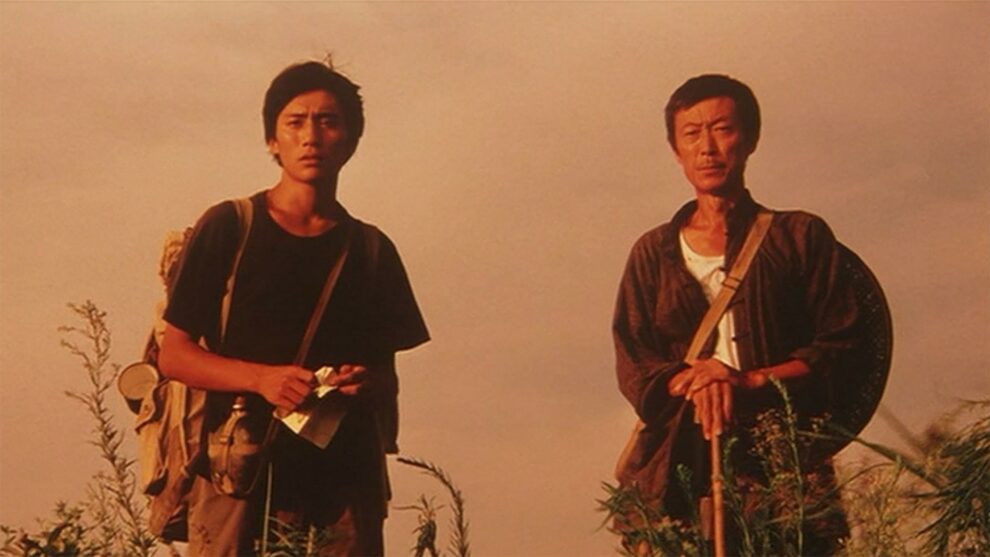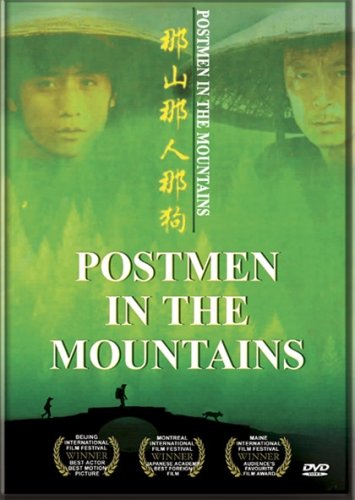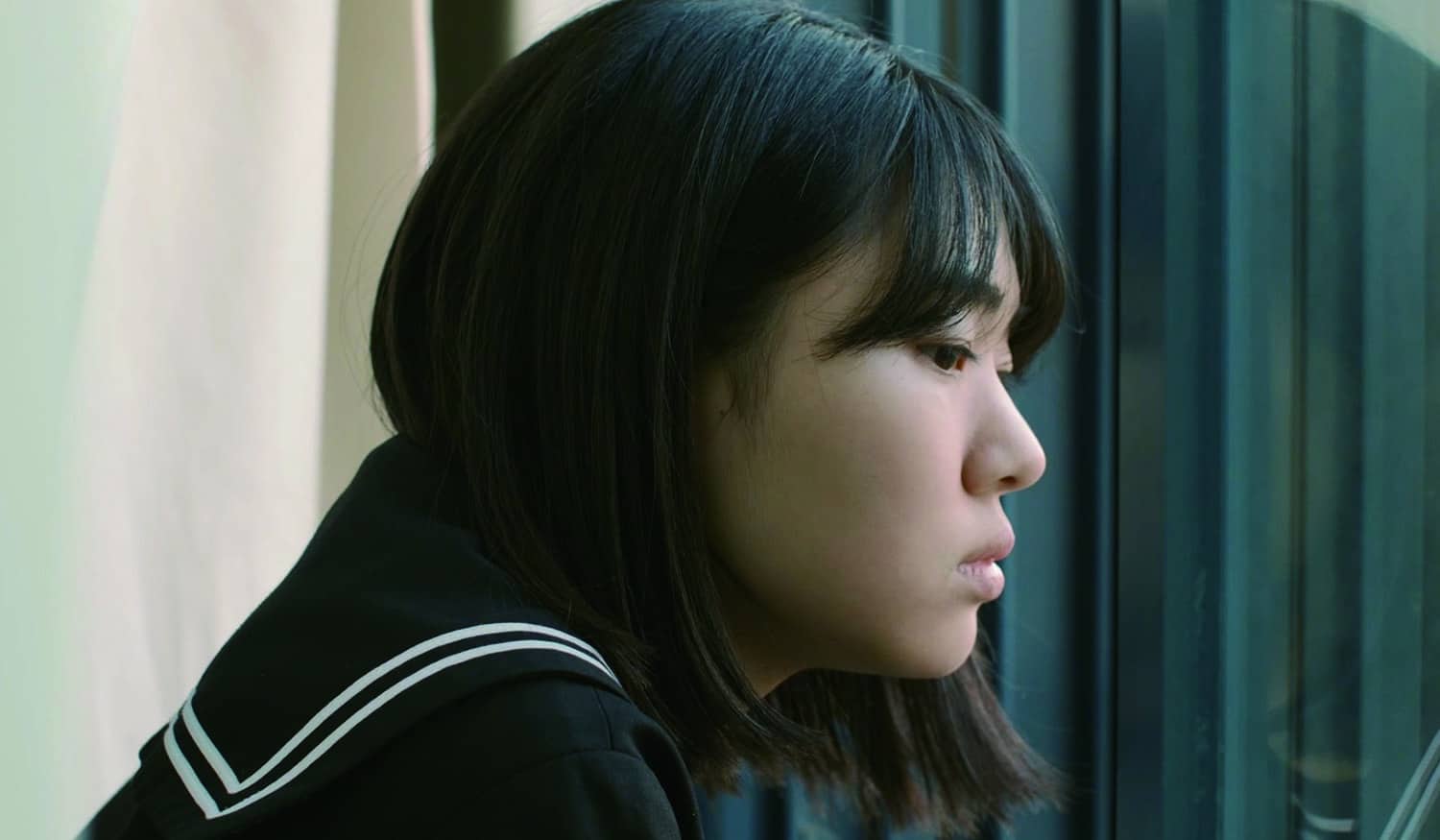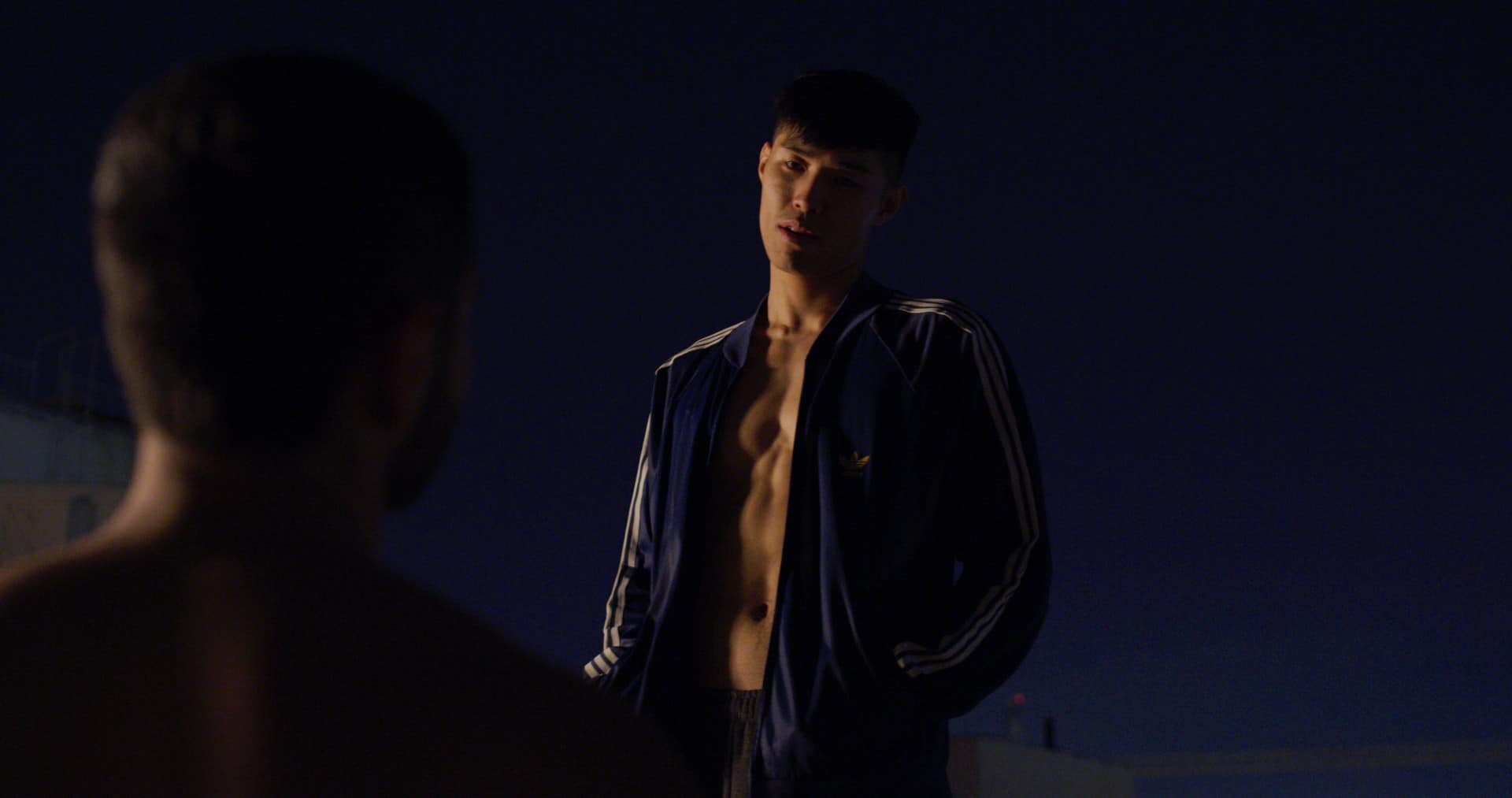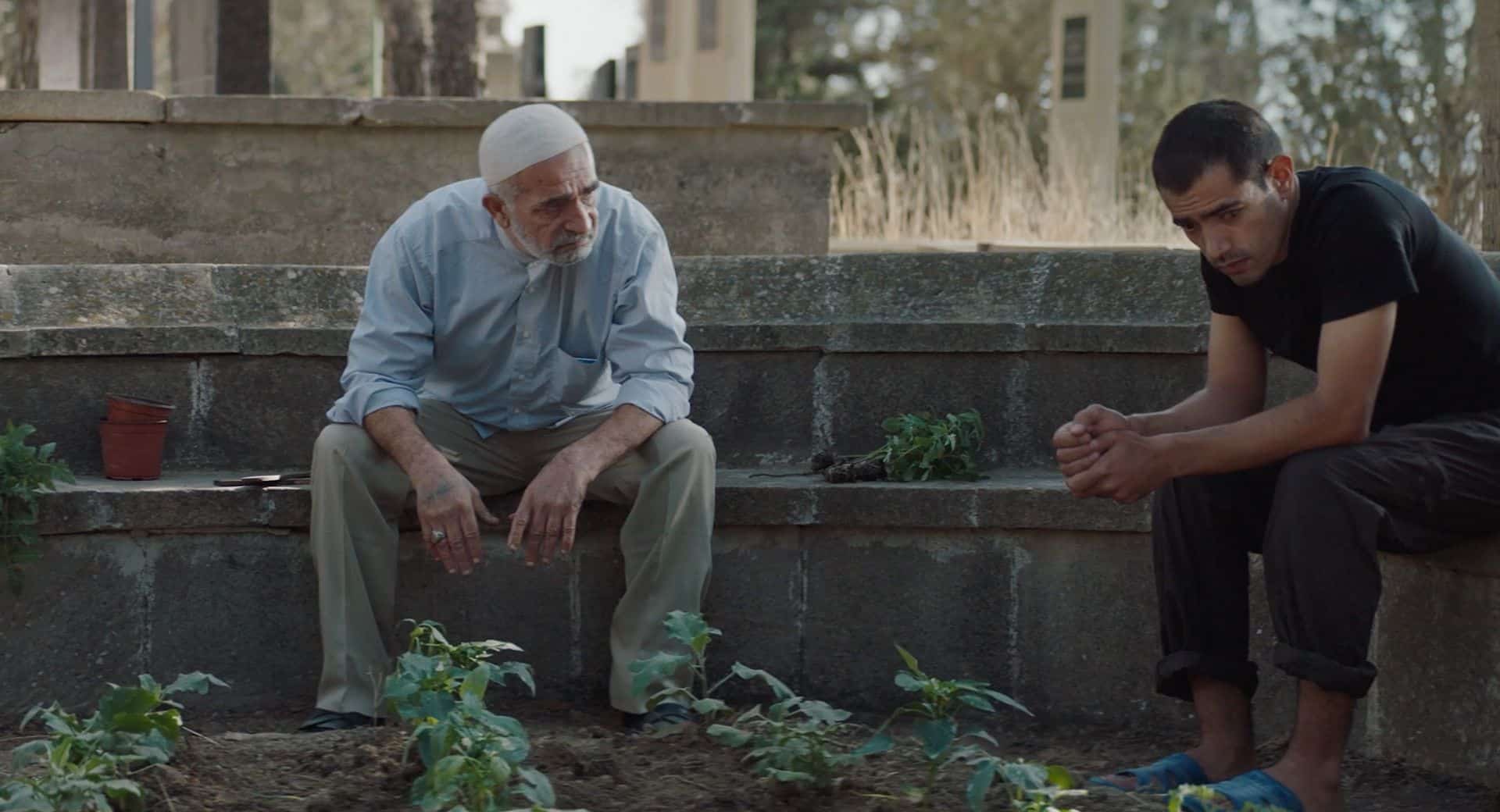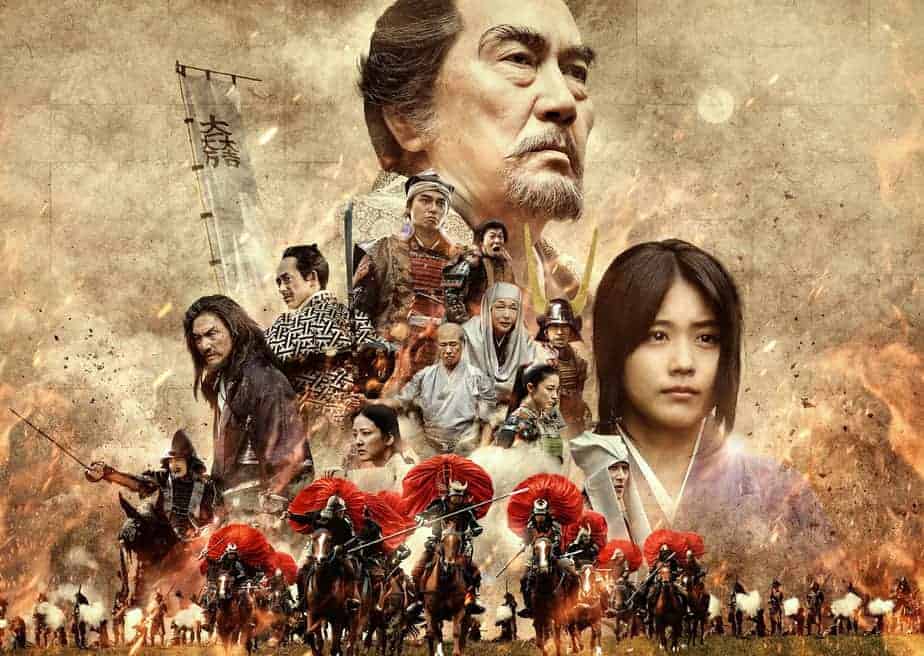by Tobiasz Dunin
“Postmen in the Mountains” is the third film by Huo Jianqi. It was well received, especially in China, where it won the Golden Rooster for Best Film, Best Director, and Best Actor (for Teng Rujun). Internationally, among others, it won the People's Choice Award at the Montréal World Film Festival and the Silver Peacock at the International Film Festival of India. The script was written by the director's wife, Qiu Shi (who works under the name “Si Wu”), and is an adaptation of a short story by another Chinese author – Peng Jianming.
Set in western Hunan province during the 1980s, the film follows a young man (Liu Ye), who takes over his father's (Teng Rujun) position as a postman. Accompanied by a loyal dog named Buddy, they embark on a poignant journey through a mountainous area, exploring the Chinese rural reality of the time. The father, familiar with the route from many years of service, guides his son through the intricacies of the role. Occasional flashbacks delve into memories of both characters, which gives them some depth and offers the audience a way to understand the state of their relation.
Both leading actors, Teng Rujun and Liu Ye, do a fine job portraying their characters' simplicity and inherent contrasts. None of them is heavily developed as they serve as basic opposites – the father embodies tradition, but also stubbornness, the son represents progress and openness to new ideas, but recklessness as well. Time passes and their relationship evolves as they get close to each other in two ways – they deepen their relation as a son and a father, but besides that, the concepts they represent begin to coexist.
The cinematography by Zhao Lei, for the most part, fits the straightforward theme of the movie, but there are a few moments in which he tries to experiment a little. And thus, the audience can experience one scene when something similar to stop-motion animation technique is used, and another one with slow motion. These unconventional attempts don't fit the atmosphere of the film.
“Postmen in the Mountains” embraces the essence of a road movie by depicting the transformation of both leading characters and their relationship. Because for most of the son's life, his father was rarely at home, the journey allows them to make up for lost time – they talk, even argue from time to time, and get to know each other better. This growth is especially visible through the character played by Liu Ye, who at first was simply excited about the prestige and respect that comes with being a government official. He observes his father's profound connections with the villagers, and slowly comes to understand that being a postman involves more than just delivering letters – it's more about helping others.
It is a simple, yet engaging, piece of Chinese cinema in which main characters grow as humans. It may not be a mind-blowing masterpiece, but it can leave the audience thinking about the relation between tradition and a more progressive perspective.


